The driving force behind Armenia's EU accession
Armenian Deputy Foreign Minister Paruyr Hovhannisyan noted that the bill is not an official application for EU membership, but only expresses Yerevan's desire to strengthen ties with Brussels. Armenia will soon approve a new cooperation agenda with the EU in accordance with the adopted law.
The Armenian authorities first announced plans to begin European integration in March 2024. Six months later, on September 11, an application to the parliament for a bill on the republic's accession to the EU was officially registered. The bill, supported by lawmakers from the ruling Civic Compact party, underscores the determination to launch the process of joining the EU.
The bill’s rationale states that its purpose is to “affirm the will and determination of the Armenian people and the current government to join the progressive, civilized and developed human family.” According to Armenia, the law will “strengthen the country’s sovereignty and stability” and contribute to the following processes: (1) Establishing peace and stability in the region by restoring the balance of power and bringing the Armenian army on par with the standards of the armed forces of EU countries; (2) Strengthening economic security by eliminating monopolies, increasing labor productivity and the quality of goods and services; (3) Access to investment and technology, restarting industry, creating logistical links; (4) Strengthening population security, creating new jobs, raising the standard of living of the population; (5) Promoting the development of education and culture in accordance with pan-European values and forming a unified civilized space.
According to RBC, Armenian political scientist Johnny Melikyan said that the decision of the Armenian parliament is a big step forward for Armenia to join the EU. This comes as Russia-Armenia relations face many storms related to the Nagorno-Karabakh dispute between Armenia and Azerbaijan. Armenia is dissatisfied that Russia has not put enough pressure on Azerbaijan to comply with the ceasefire and prevent the escalation of tensions, and doubts the role of Russian peacekeepers in the context of Azerbaijan's tendency to increase the use of military force against Armenia and separatist forces in Nagorno-Karabakh. Azerbaijan's military campaign on September 19-20, 2023 and gaining full control of the Nagorno-Karabakh region was the "last straw", causing Armenia's trust in Russia's protection to reach its limit. In that context, Armenia is looking towards Europe as part of its ongoing efforts to diversify its foreign relations and reduce Russian influence.
As for Europe, it seems that it has succeeded in exploiting the vacuum left by the Russia-Armenia tensions. By strengthening relations with Armenia, Europe can not only exploit the huge potential for economic and energy cooperation, but also reduce Russia's influence in the post-Soviet space. In the context of the conflict in Ukraine that is going against Europe's wishes arising from the US-Russia negotiations, Europe has other options to put pressure on Russia and force it to make concessions.
Political-military situation in the post-Soviet space in the coming time
Armenian Prime Minister Nikol Pashinyan stressed that the decision to join the EU cannot be made at the level of a law or a government decree, but requires a nationwide referendum. Speaking at a government meeting on January 9, 2025, Pashinyan affirmed that “under any scenario, Armenia can become a member of the EU only if a referendum is held and according to the procedure established by the Armenian Constitution.”
Expert Johnny Melikyan commented that although no specific date has been announced, a referendum on Armenia's accession to the EU is unlikely to happen in the near future, especially in the context of the complicated and unpredictable developments in the post-Soviet space due to the impact of the Russia-Ukraine conflict. With this decision, Yerevan is sending a signal to Brussels that they are ready to work on European integration; at the same time, it shows that Armenia's foreign policy is to balance the interests of major countries, prioritizing cooperation with Western countries, instead of leaning towards Russia as before.
Meanwhile, Armenian political scientist Grant Mikaelyan believes that the Armenian government's EU accession bill also has a domestic political dimension. Currently, the Armenian government has convinced about two-thirds of the country's population of the need to join the EU, and holding a referendum along with the Armenian parliamentary elections (scheduled for 2026) will help Prime Minister Nikol Pashinyan achieve his goal.
In the coming time, in parallel with promoting the roadmap to become a member of the EU, Armenia will strengthen cooperation with European countries. The main areas of cooperation between Armenia and European countries are to reform the political and legal system, strengthen discipline, step up the fight against corruption, and promote economic growth towards expanding trade cooperation with Western countries.
Meanwhile, for Russia, Armenia's leaning towards Europe is a scenario that Russia absolutely does not want, because this reflects the fact that Russia's influence in the post-Soviet space is seriously weakened. Russia still attaches great importance to its alliance with Armenia because of Yerevan's important role and position in the Russian security environment, being in the orbit of influence and a strategic security buffer zone of Russia. Therefore, Russia will set a "red line" that Armenia cannot cross and pose a direct threat to the Russian security environment, such as joining NATO or allowing NATO military forces to be present and stationed on Armenian territory.
Although bilateral relations are in a difficult period, Armenia remains economically heavily dependent on Russia. On February 8, 2025, Russian Ambassador to Armenia Sergei Kopyrkin said that the trade turnover between Russia and Armenia in 2024 would reach $12 billion, a record in economic and trade cooperation between the two countries. The growth in trade turnover between the two countries is the result of positive developments within the framework of the Eurasian Economic Union (EAEU). Meanwhile, as a message to "tease" Armenia, on January 29, 2025, TASS quoted a statement by Russian Deputy Prime Minister Alexei Overchuk affirming that Moscow recognizes "Armenia's sovereign right to develop relations in all directions", but EU membership is incompatible with joining the EAEU. That is, for Russia, Armenia's push for EU membership is also the beginning of its exit from the EAEU.
Hung Anh (Contributor)
Source: https://baothanhhoa.vn/armenia-gia-nhap-lien-minh-chau-au-khong-gian-hau-xo-viet-se-co-nhung-thay-doi-lon-243689.htm


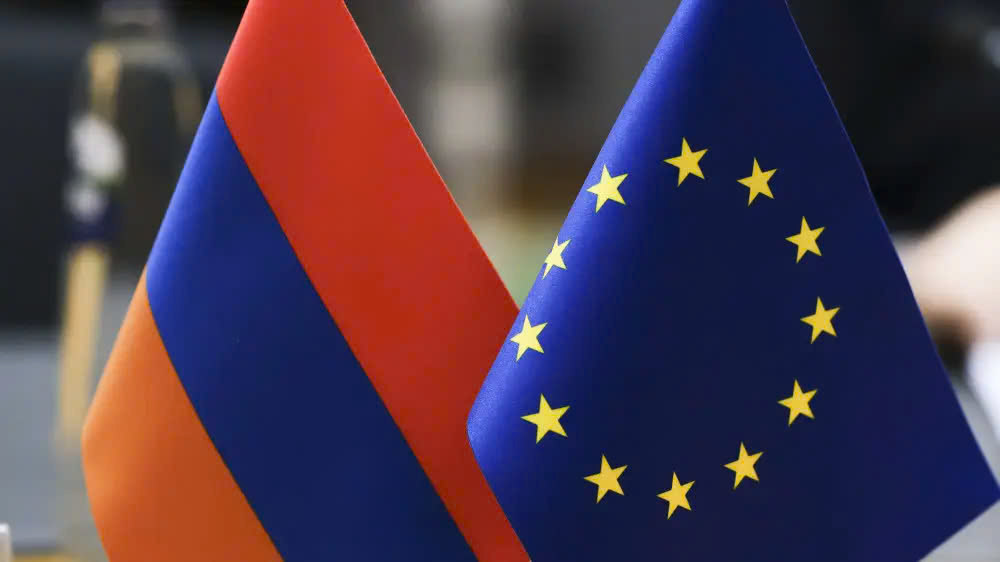
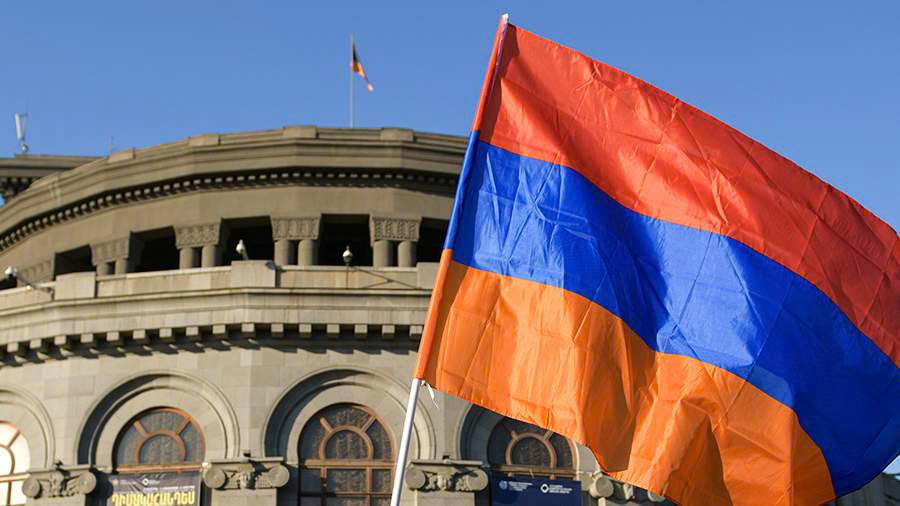


![[Photo] Prime Minister Pham Minh Chinh chairs meeting to remove difficulties for projects](https://vstatic.vietnam.vn/vietnam/resource/IMAGE/2025/3/30/7d354a396d4e4699adc2ccc0d44fbd4f)

![[Photo] Ministry of Defense sees off relief forces to the airport to Myanmar for mission](https://vstatic.vietnam.vn/vietnam/resource/IMAGE/2025/3/30/245629fab9d644fd909ecd67f1749123)



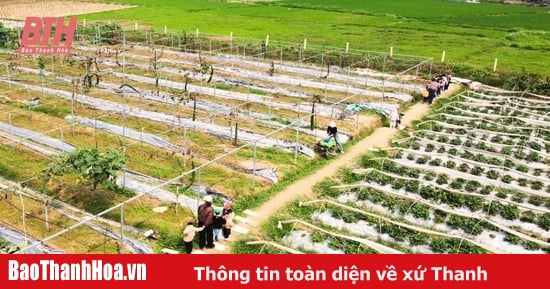
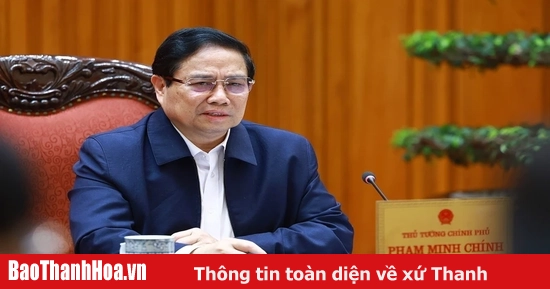




![[REVIEW OCOP] An Lanh Huong Vet Yen Cat](https://vstatic.vietnam.vn/vietnam/resource/IMAGE/2025/3/27/c25032328e9a47be9991d5be7c0cad8c)
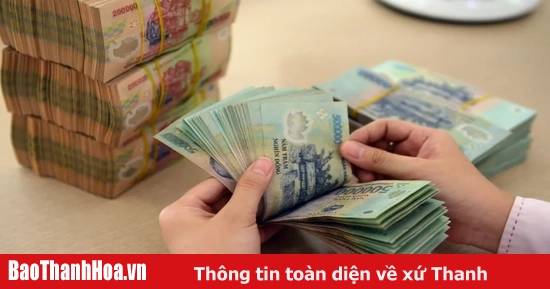
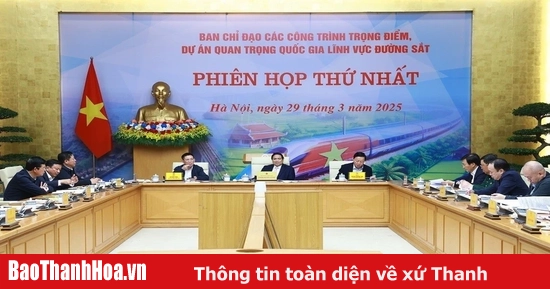


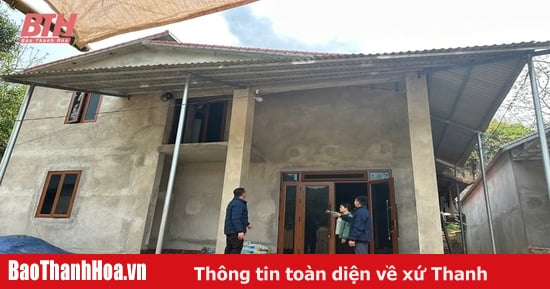


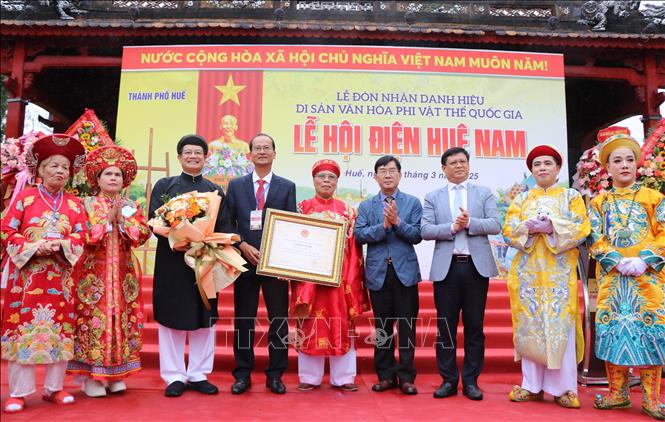

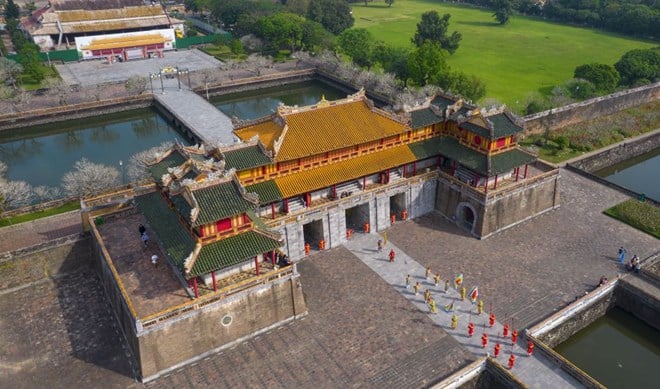

















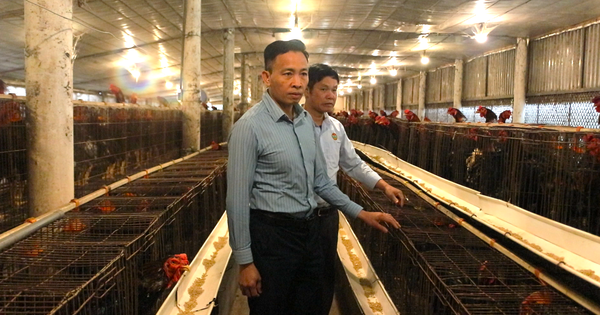









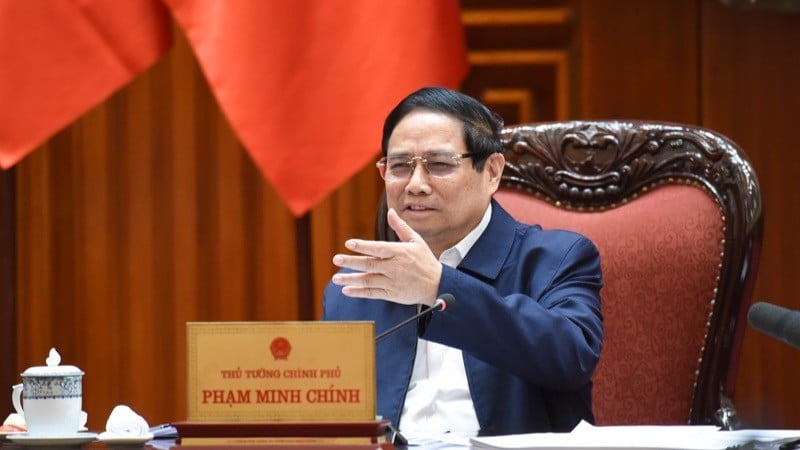

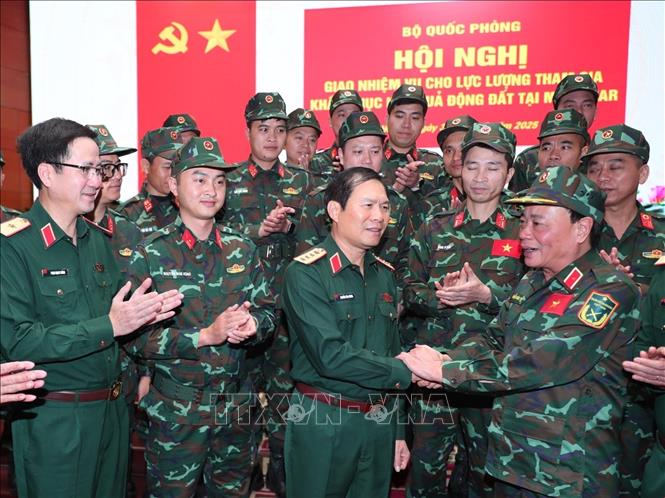

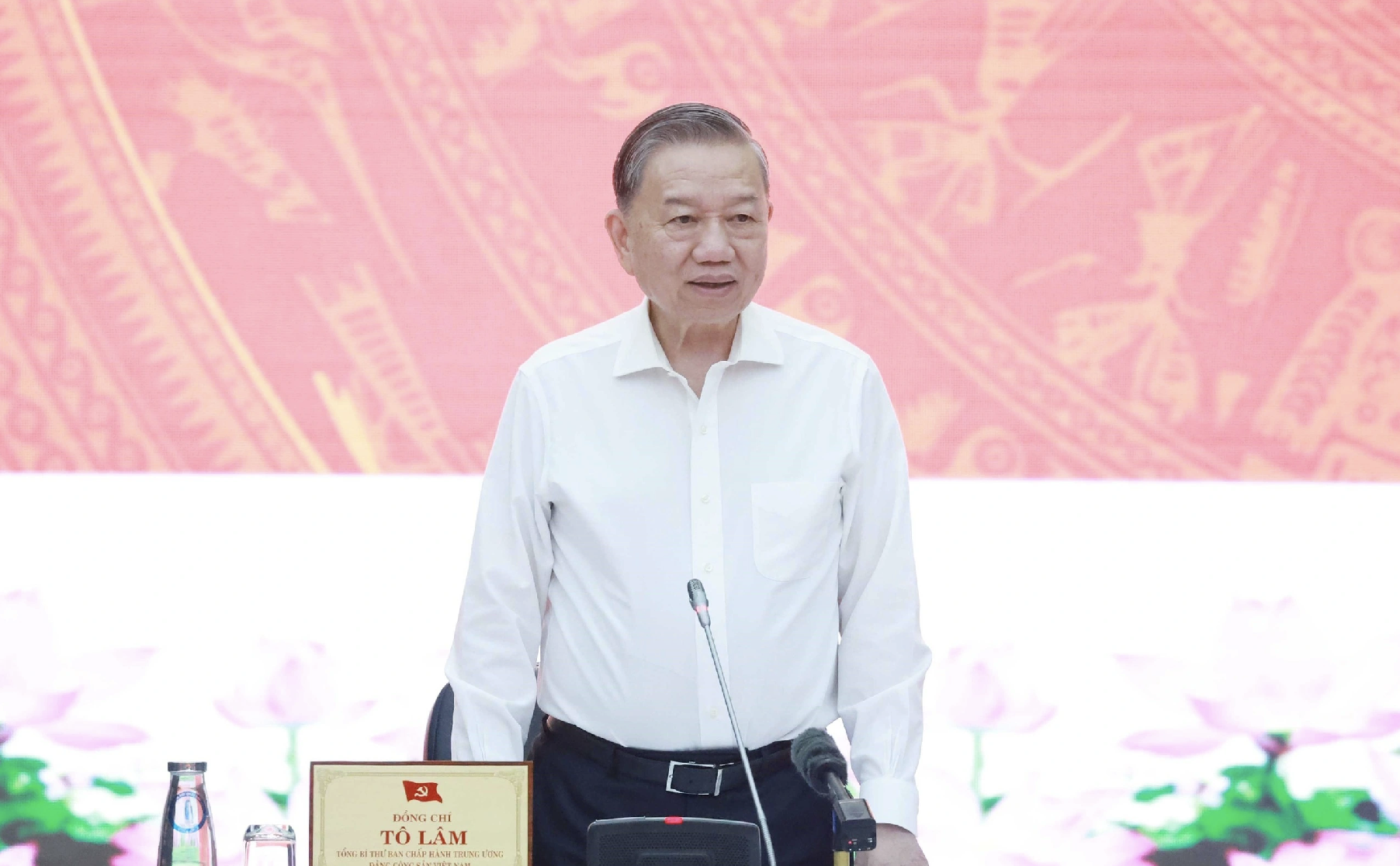

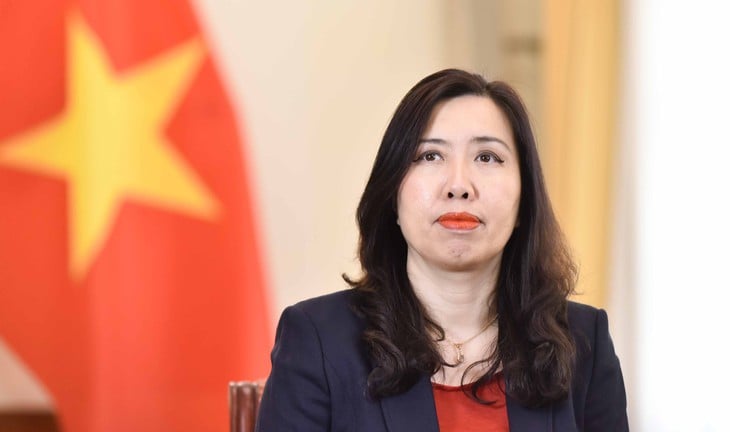

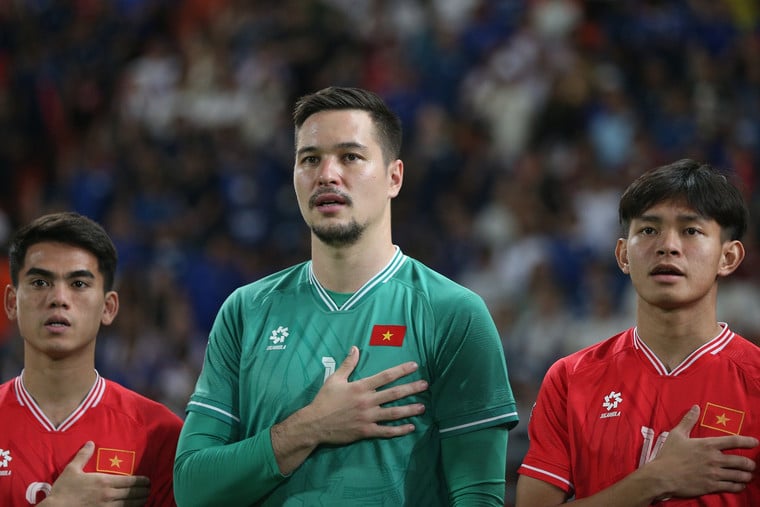

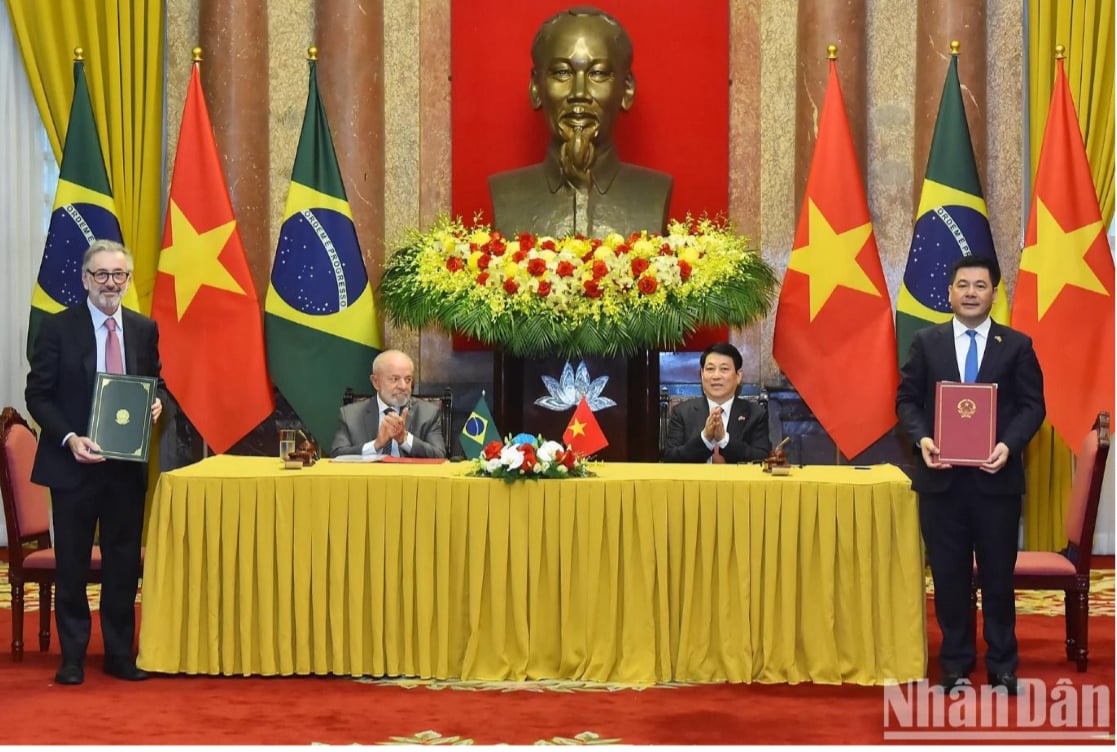






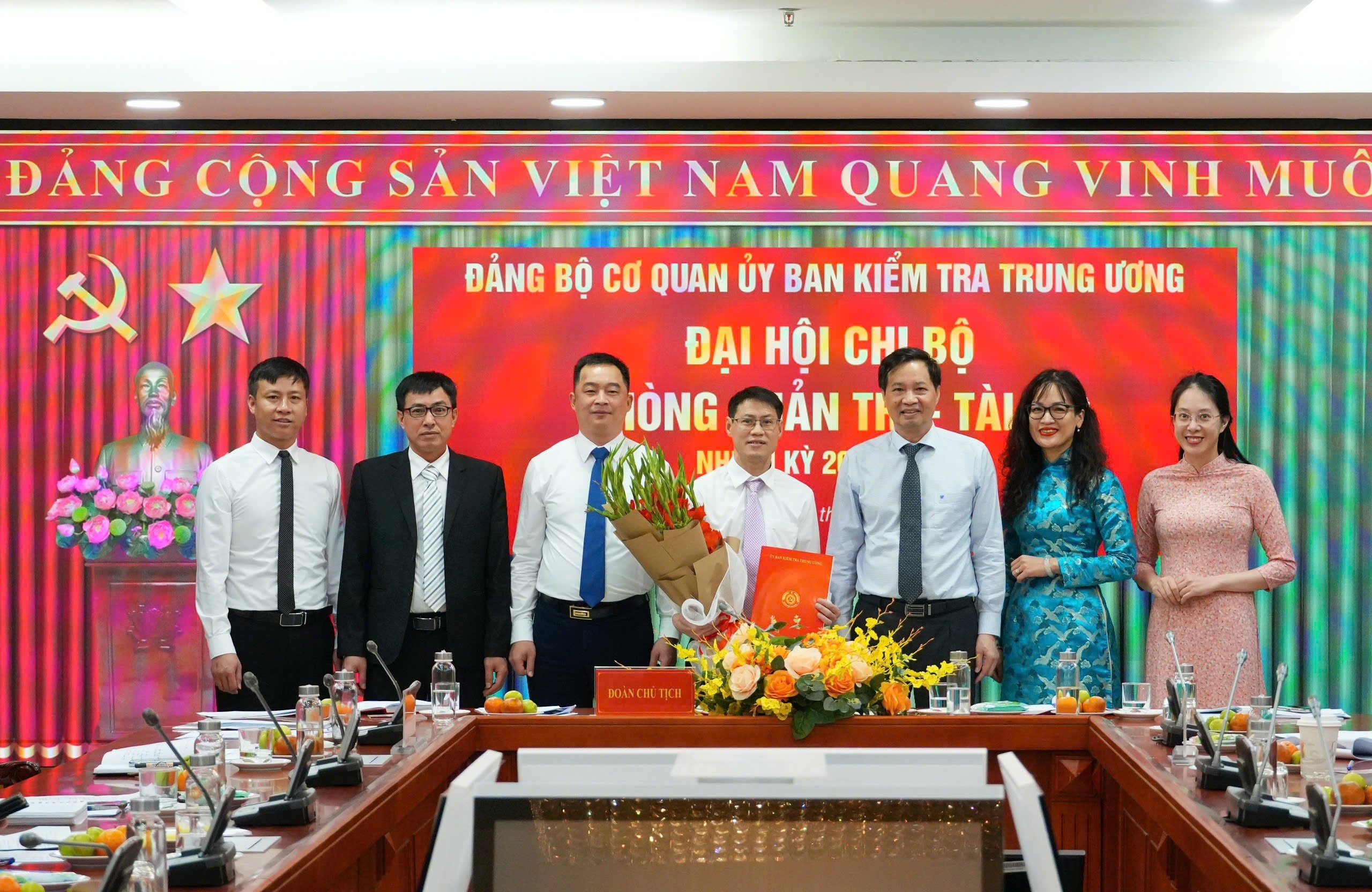
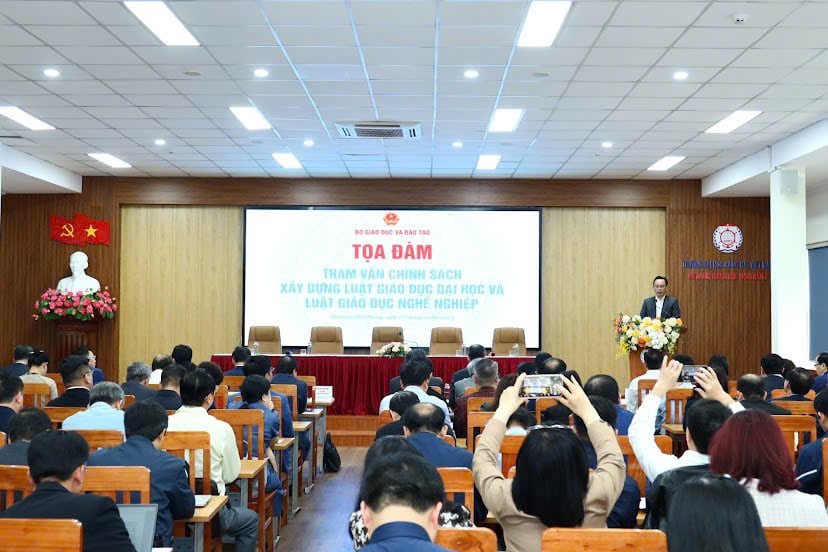





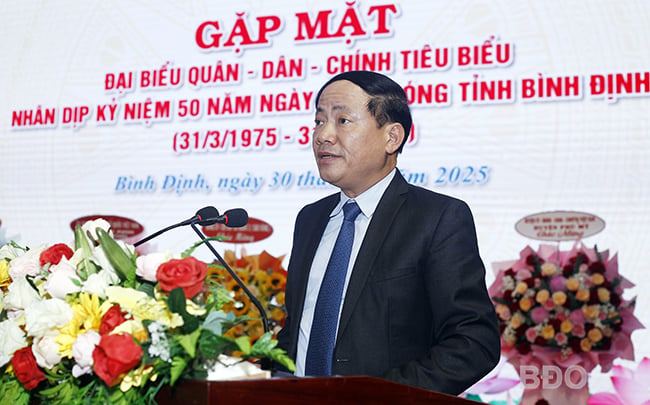

![[Podcast]. Always love buffalo... jackfruit leaves](https://vstatic.vietnam.vn/vietnam/resource/IMAGE/2025/3/30/1da4254329ba4bc79e0d9905dbc2a52b)



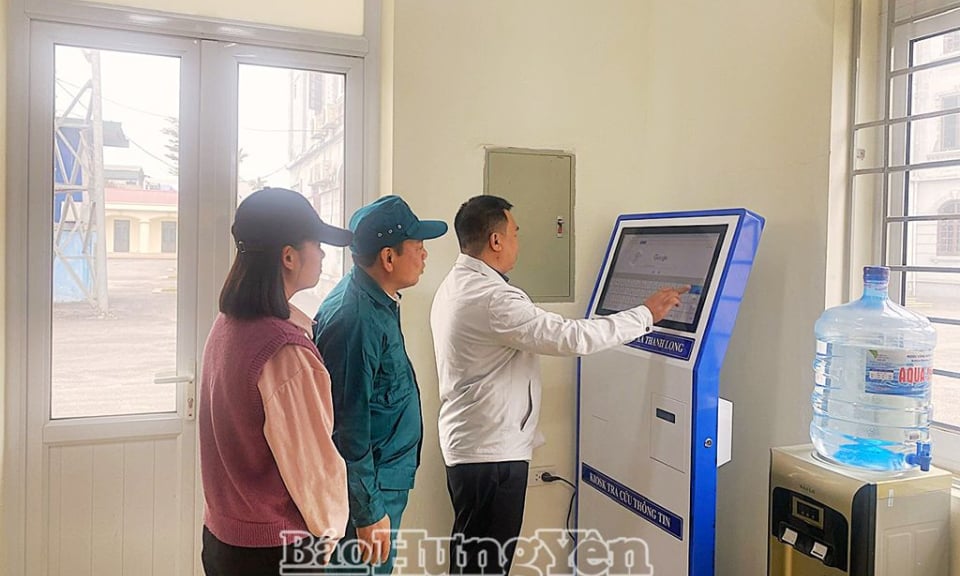








Comment (0)